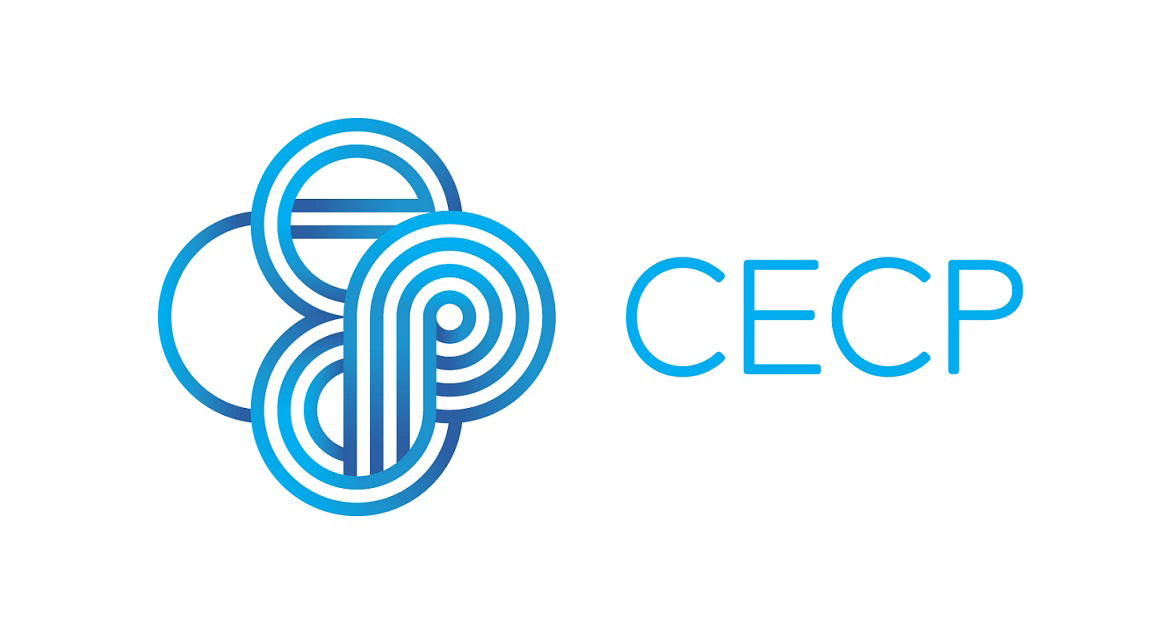Brazil in the Pandemic: Learning From Corporate Social Investment and Shared Governance
By Patricia Loyola, Management and Corporate Social Investment Director, Comunitas, Brazil

As originally posted on CECP's Insights Blog
Brazil and the world were deeply challenged by the COVID-19 pandemic. Last year, Brazil had faced an unprecedented sanitary global crisis that widened the social and economic gap, which presented unique opportunities for innovation.
The urgency and gravity of the situation motivated all sectors of the economy to act in a systemic and integrated way, according to their potential. The Brazilian corporate response was focused mainly on strengthening income generation of the most vulnerable families and supporting public health.
The local context was improving in part because of the Unified Health System (SUS), a Brazilian public policy that provides broad access to basic and complex health services to the entire population, free of charge. Despite SUS universality, it needed to be better equipped to face COVID-19.
The 2020 edition of BISC* survey, Benchmarking of Corporate Social Investment, shows the role that Private Social Investment played in this scenario: 73% of the BISC Network companies supported the implementation or the expansion of hospitals; 67% of companies provided support for the functioning of public health services; 67% sought to stimulate local production of health protection materials and equipment; 58% invested in supporting income-generating projects for workers in cooperatives of various categories, and 50% invested in research development.
Read the complete article here: https://cecp.me/3qInTfH

